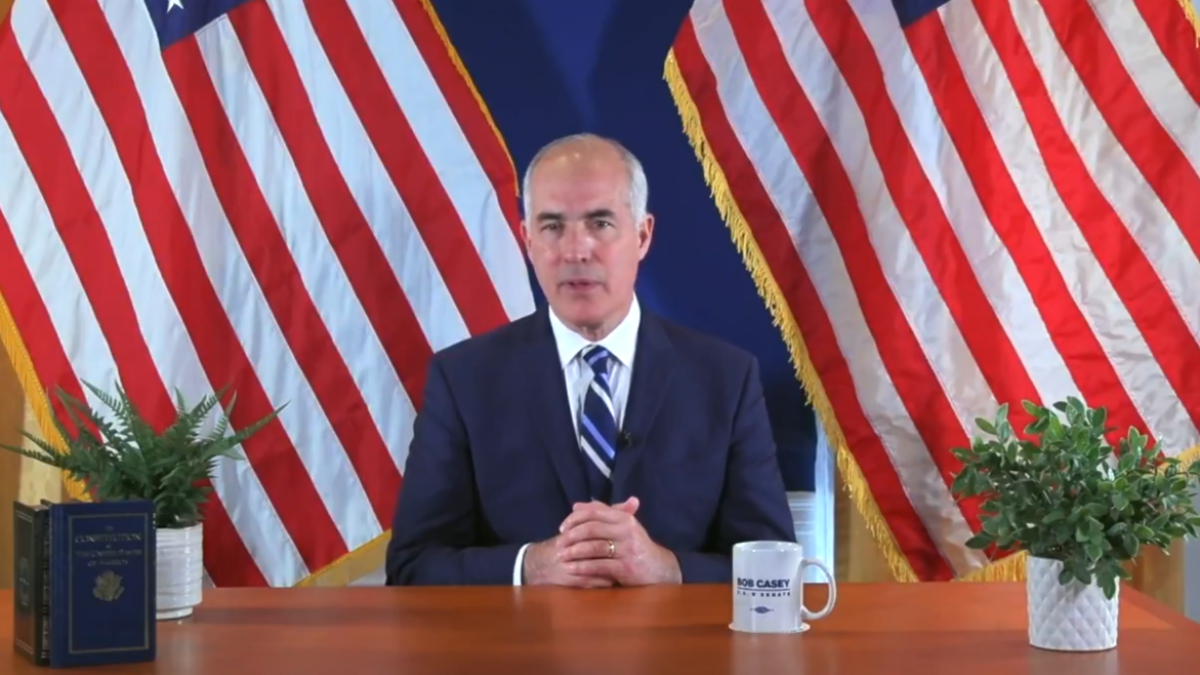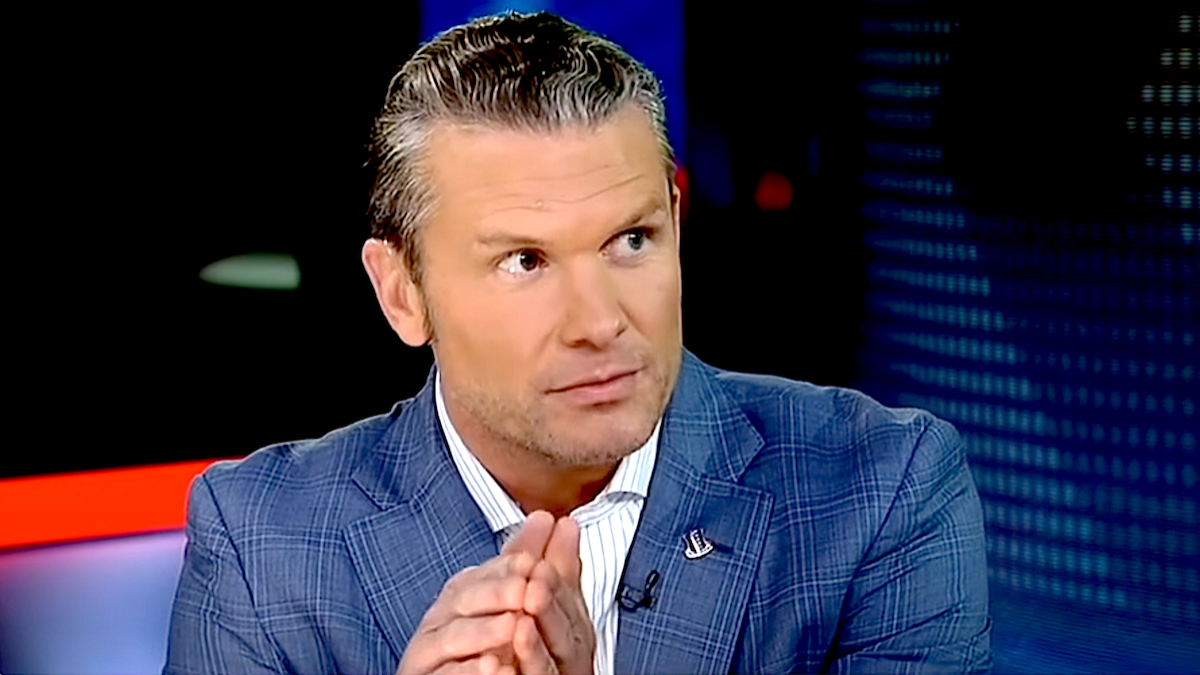
While I listened to Justice Anthony Kennedy read his decision on marriage from the bench at the U.S. Supreme Court, I thought about the one argument I would not know how to answer if it ever came from my opponents at the many debates I have done across the nation defending the definition of marriage as one man and one woman.
I imagined an advocate for redefining marriage saying something like, “We agree with you that marriage is a unique, important social institution that supports and helps sustain societies. We, too, are concerned about the erosion of marriage through such things as casual sex, cohabitation, no-fault divorce, and adultery. We, too, are dedicated to reaffirming marriage as a social institution that is monogamous, sexually exclusive, and life-long. Please see us same-sex couples as fresh reinforcements to help you in the important work to uphold the institution of marriage.”
But no one ever made that argument to me. In fact, for the past couple of years at those various debates, I began volunteering the above line of reasoning as the one I did not know how to answer, and I would ask if anyone was willing to make it. No one ever did.
The Supreme Court’s decision demonstrated why. The opinion agrees with many supporters of same-sex marriage that their reasoning starts from the foundation of self-autonomy, that the highest goal is for each individual to find satisfaction and fulfillment in matters pertaining to sex, marriage, and family. They do not start from the point that most people in world history have—that marriage is a distinct, important institution that stabilizes and sustains societies, and that personal happiness is only a secondary concern.
It’s About Desire, Not Marriage
A man called me several years ago during a radio show in San Francisco and told me he had married his male partner whom he had lived with for eight years. He asked what my problem was with that. I asked him whether he thought that he and his partner had done something more responsible and more beneficial for society than, for example, someone who meets a stranger in a bar and ends up having a one-night stand with that person? He hesitated and said something like, “I could not say that, because it would be saying that my choices are better than his choices.”
So I explained that he was not dedicated to sustaining the institution of marriage as a common good for all but was really committed to the concept of personal choice. He was really arguing that marriage should be an available option for those who want to choose it, but to choose marriage over a one-night stand was no more significant than choosing coin collecting over stamp collecting.
The Supreme Court’s decision followed the same worldview. The majority’s decision found that the Constitution protects “self-autonomy”—to find personal satisfaction in sex and family—so therefore, the option of same-sex marriage must be open to all. But, of course, there is no requirement that people actually get married. They are free to do whatever they want when it comes to marriage, sex, and family, because finding self-fulfillment is the ultimate goal.
Here’s the Problem With Doing Whatever You Want
The problem is that not everyone will define their personal self-fulfillment to include a responsible, lifelong, committed marriage. “Self-autonomy” becomes a sexual version of a Ponzi scheme, where some find satisfaction, and many others are left as victims. A man leaving his wife and children for another woman operates according to the principle of self-autonomy. Unmarried parents deny dignity to their children by refusing to get married, but they are living by “self-autonomy,” so who can judge them, under the Supreme Court’s principle?
People understand that if the starting point is self-autonomy and my own satisfaction when it comes to marriage, sex, and children, then one-night stands, hook-ups, short-term cohabitation, renting the wombs of poor Third-World women, etc., can be justified, even though those choices hurt people and deny them dignity.
So it makes sense that societies adopted the public institution of marriage to protect people from the exploitation or neglect that inevitably comes from a society governed by a sexual ethic of individual self-autonomy, which does not allow societies to sustain themselves. Eventually, we will learn that again the hard way. And the Supreme Court made it much more difficult for us to change course by imposing this deficient norm as a constitutional right.









